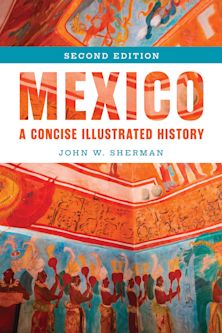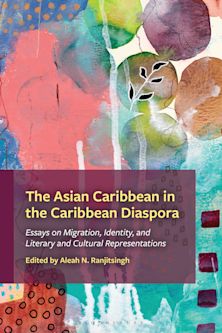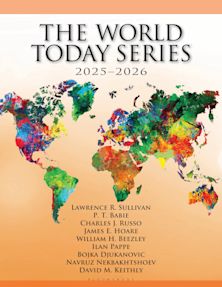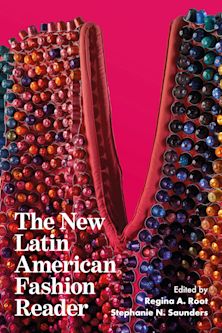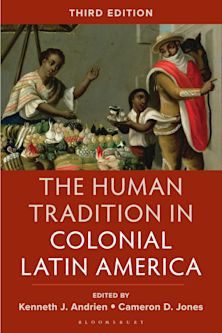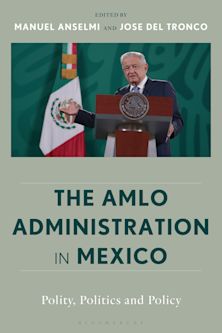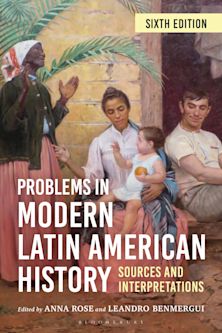Battles for Belonging
Women Journalists, Political Culture, and the Paradoxes of Inclusion in Colombia, 1943-1970
Battles for Belonging
Women Journalists, Political Culture, and the Paradoxes of Inclusion in Colombia, 1943-1970
This product is usually dispatched within 1 week
- Delivery and returns info
-
Free US delivery on orders $35 or over
Description
Battles for Belonging: Women Journalists, Political Culture, and the Paradoxes of Inclusion in Colombia, 1943-1970 examines women journalists who conceived of their publications as political interventions in mid-twentieth-century Colombia. These journalists committed to shaping justice and opportunity for women in society through writing while battling within the publishing realm to also transform and professionalize the practice of journalism in their own terms. By analyzing the contentious narratives of gender and class these women crafted as well as their conflicting efforts to maintain their stature in the printing and public worlds, it reveals the ongoing negotiations involved within their disputes over inclusion and democracy in a country still finding its way to equality, peace, and stability between the 1940s and 1960s. This book challenges oversimplified portrayals of struggles for power that either glorify or vilify these historical processes by erasing the complexity of the political and social actors involved in them. It stresses the importance of women, but not to the expense of a balanced critique of their historical reality, actions, and endeavors. This is a history of paradoxical political manifestations and a redefinition of power struggles as multidirectional, intersectional, non-monolithic historical processes, from the viewpoint of women.
Table of Contents
Chapter 2. Contesting the Rules of Journalism: Satirical Storytelling, Civic–minded Writing, and Image Making in Women's Periodicals, 1943–1970
Chapter 3. New Work Opportunities and the Politics of Intra-class Difference in Agitación Femenina and Mireya, 1940s
Chapter 4. Making a Class of Professional Women in Mundo Femenino, Verdad, and Mujer, 1950s–1960s
Chapter 5. For a Different View of Middle Classness: Cosmopolitan National Identity in Mujer, 1961-1970
Product details
| Published | Feb 28 2024 |
|---|---|
| Format | Hardback |
| Edition | 1st |
| Extent | 244 |
| ISBN | 9781793653567 |
| Imprint | Lexington Books |
| Illustrations | 11 BW Illustrations, 4 Maps, 7 Graphs |
| Dimensions | 9 x 6 inches |
| Series | Social Movements in the Americas |
| Publisher | Bloomsbury Publishing |
Reviews

ONLINE RESOURCES
Bloomsbury Collections
This book is available on Bloomsbury Collections where your library has access.













